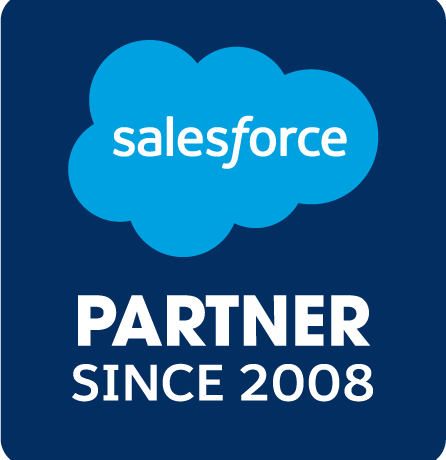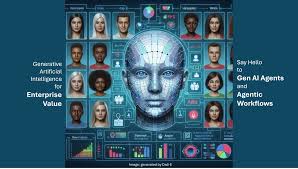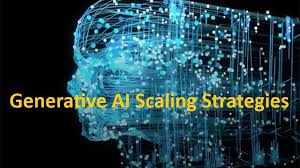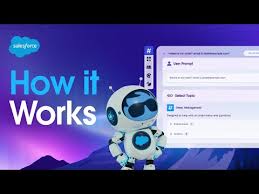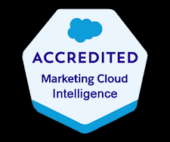Salesforce Tackles Enterprise AI Reliability with Enterprise General Intelligence (EGI)
As businesses increasingly adopt AI, a critical challenge has emerged: inconsistent performance in real-world applications. Salesforce calls this phenomenon “jagged intelligence”—where AI excels in controlled environments but falters under dynamic enterprise demands. To address this, Salesforce is pioneering Enterprise General Intelligence (EGI), a new framework designed to ensure AI is not just powerful but reliable, consistent, and safe for business use. Why Enterprise AI Needs a New Approach Traditional AI benchmarks often fail to reflect real-world enterprise needs. Issues like: …have made many companies hesitant to fully deploy AI at scale. Salesforce’s EGI rethinks AI alignment for enterprises, prioritizing:✔ Consistency – Reliable performance across diverse business cases✔ Specialization – Task-specific AI models over generic LLMs✔ Safety & Governance – Built-in guardrails for compliance Key Innovations Powering EGI 1. SIMPLE: Measuring AI Consistency Salesforce’s SIMPLE dataset (225 reasoning questions) evaluates how AI performs under varying conditions—helping identify and fix inconsistencies before deployment. 2. CRMArena: Real-World AI Testing This benchmarking framework simulates authentic CRM scenarios (service agents, analysts, managers) to ensure AI adapts to real business needs—not just lab conditions. 3. SFR-Embedding: Smarter Enterprise AI A new embedding model (ranked #1 on MTEB’s 56-dataset benchmark) enhances AI’s ability to understand complex business data, improving decision-making in Salesforce Data Cloud. 4. xLAM V2: AI That Takes Action Unlike text-only LLMs, Large Action Models (xLAM V2) predict and execute enterprise tasks—optimizing everything from inventory management to financial forecasting with high precision. 5. SFR-Guard & ContextualJudgeBench: AI Safety Co-Innovation: Doubling AI Accuracy with Customer Feedback Salesforce’s customer-driven development has already doubled AI accuracy in key applications. Itai Asseo, Senior Director of Incubation & Brand Strategy at Salesforce: “By working directly with enterprises, we’ve refined AI to outperform competitors in real-world use cases—boosting both performance and trust.” The Future of Enterprise AI Salesforce’s EGI framework is setting a new standard: AI that works as reliably in business as it does in theory. For telecom and tech leaders, this means:✅ Fewer AI surprises – Consistent, predictable outputs✅ Higher ROI – Specialized models for key workflows✅ Stronger compliance – Built-in governance & safety As AI evolves, Salesforce is ensuring enterprises don’t just adopt AI—they can depend on it. Next Steps: The era of reliable enterprise AI is here. Like Related Posts Salesforce OEM AppExchange Expanding its reach beyond CRM, Salesforce.com has launched a new service called AppExchange OEM Edition, aimed at non-CRM service providers. Read more The Salesforce Story In Marc Benioff’s own words How did salesforce.com grow from a start up in a rented apartment into the world’s Read more Salesforce Jigsaw Salesforce.com, a prominent figure in cloud computing, has finalized a deal to acquire Jigsaw, a wiki-style business contact database, for Read more Service Cloud with AI-Driven Intelligence Salesforce Enhances Service Cloud with AI-Driven Intelligence Engine Data science and analytics are rapidly becoming standard features in enterprise applications, Read more

